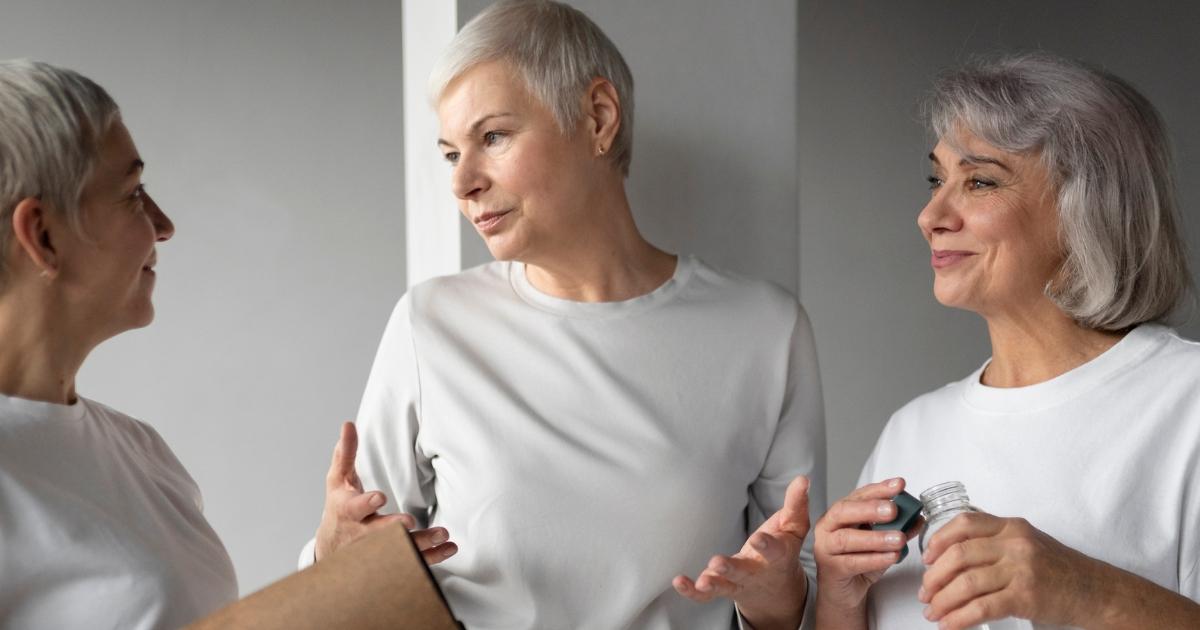Why Do Older People Bruise More Easily? Causes and Warning Signs from Experts
January 21, 2025 • 4 min read

Table of Content
Bruise’s effects on older people
Variation of Bruises
Put a stop for bruise
Conclusion
Share Blog
Find A Caregiver
Cities
Houston
Dallas
Austin
San Antonio
Miami
Chicago
Find Here
Companies







